iHeartDogs is reader supported. Some of the links below may be paid affiliate links, where we receive a small commission on a product at no additional cost to you.
Parasitic worms can pose a significant health risk to our canine companions, affecting their overall well-being and potentially leading to severe conditions if left untreated. To keep our dogs healthy, it’s vital to consult your veterinarian and find a reliable and effective dewormer. We’ve curated a list of deworming products and meticulously reviewed each for safety, efficacy, and ease of administration. After researching the options, discuss them with your dog’s medical team for maximum safety. But before we start the list, let’s talk more about the worms that plague dogs and the symptoms of worms. Gross information, for sure, but certainly need to know! Get ready to squirm for the sake of your dog…
Common Types of Worms in Dogs
Dogs are susceptible to various types of intestinal worms, each with distinct characteristics and health implications. Understanding these can help in selecting the appropriate dewormer products. Here are the most common types:
- Roundworms (Ascarids): These are the most common worms in dogs, especially in puppies. Roundworms can grow several inches long and live in a dog’s intestines. Infected dogs may show symptoms like vomiting, diarrhea, weight loss, and a pot-bellied appearance. Roundworms are also a concern for human health, especially in children.
- Hookworms: Smaller than roundworms, hookworms attach to the lining of the intestinal wall and feed on the dog’s blood. They can cause severe anemia, especially in puppies, along with diarrhea and weight loss. Hookworms can penetrate human skin, leading to dermatitis.
- Whipworms: These worms live in the cecum and colon of dogs, causing irritation and leading to watery, bloody diarrhea and weight loss. Whipworm infections are typically more difficult to diagnose than other worm infections.
- Tapeworms: Segmented worms that can grow several feet in length. Dogs usually get tapeworms from fleas, as the larvae develop inside fleas. Visible segments of the worm, which look like grains of rice, can sometimes be seen in the dog’s feces or around the tail.
- Heartworms: Transmitted by mosquitoes, heartworms are a serious and potentially fatal condition. These worms live in the heart and large blood vessels of the lungs. Preventive medications are key, as treatment for heartworm disease can be risky and expensive.
When parasitic infestations occur, consultation with a veterinarian is essential for the appropriate diagnosis and treatment plan.
What Are Signs My Dog May Have Worms?
The symptoms of worms in dogs can vary based on the type of worm and the severity of the infestation. Here are some common signs that your dog might have worms:
- Diarrhea or Vomiting: Some dogs with worms may experience episodes of diarrhea or vomiting. You might even see worms in your dog’s stool or vomit.
- Loss of Appetite and Weight Loss: If your dog suddenly loses interest in food or starts losing weight rapidly, it could be a sign of a worm infestation.
- Potbelly Appearance: Particularly in puppies, a swollen, round belly is a common symptom of a worm infestation.
- Dull Coat or Skin Irritation: Dogs with worms may have a dull, lifeless coat, or exhibit signs of skin irritation.
- Coughing: Some types of worms, like heartworms and lungworms, can cause coughing.
- Fatigue: If your dog seems unusually tired or lethargic, it could be due to worms.
- Rubbing or Scooting their Rear: Dogs with worms often scoot or rub their rear on the ground due to discomfort or itchiness.
Remember, these symptoms can also be indicative of other health problems, so it’s important to consult a veterinarian if your dog is showing any signs of illness. A simple fecal test can confirm the presence of worms.
What Should I Look for When Choosing a Dewormer Product for My Dog? What Risks Are There in Using These Products?
Choosing the right dewormer for your dog is an important decision, as different types of worms require different types of treatment. Here are a few key considerations:
Identify the Type of Worms:
The first step is to have your vet confirm the presence and type of worms through a stool sample. Different dewormers are effective against different types of worms, such as tapeworms, roundworms, whipworms, or heartworms. Some dewormers are broad-spectrum, treating multiple types of worms, while others are specific to one type.
Consider Your Dog’s Age, Size, and Health Condition:
Dewormers come in various forms, such as tablets, liquids, or granules, and the dosage will depend on your dog’s weight. Puppies, elderly dogs, or dogs with underlying health conditions may require specific types of dewormers or special dosage instructions.
Check the Active Ingredients:
Pyrantel Pamoate, Fenbendazole, Praziquantel, Ivermectin, and Milbemycin Oxime are some common active ingredients in dewormers. It’s essential to understand what each ingredient does and which worms it targets. Here’s a quick guide to some commonly used dewormers:
- Pyrantel Pamoate: This dewormer is effective against roundworms and hookworms. Pyrantel Pamoate works by paralyzing the worms, allowing them to be expelled from the dog’s system through natural processes. It is often recommended for puppies and is known for its safety and efficacy.
- Fenbendazole: A broad-spectrum dewormer, Fenbendazole is effective against tapeworms, roundworms, hookworms, and even some types of Giardia. It disrupts the worm’s energy metabolism, leading to their death. Fenbendazole is praised for its ability to treat a wide range of parasites and is commonly used in multi-day treatment regimens.
- Praziquantel: This medication specifically targets tapeworms. Praziquantel works by damaging the parasite’s skin internally, causing the worm to disintegrate and be digested by the dog. It’s often combined with other dewormers for a more comprehensive treatment.
- Ivermectin: Primarily known for its effectiveness against heartworms, Ivermectin also treats various other parasites like some types of mites and lice. It works by interfering with the nerve and muscle function of parasites, leading to their paralysis and death. However, Ivermectin should be used cautiously, as some dog breeds are sensitive to it.
- Milbemycin Oxime: This dewormer is effective against heartworms, hookworms, roundworms, and whipworms. It acts by disrupting the nerve transmission of the parasites, resulting in death. Milbemycin Oxime is also used as a preventative for heartworm disease and is valued for its broad-spectrum activity.
Each of these dewormers has its specific applications and precautions, and it’s important for dog owners to consult with a veterinarian to determine the most suitable deworming strategy for their pet.
Product Reviews and Vet Recommendations:
Look at reviews from other pet parents and be sure to ask your vet for product recommendations.
As for the risks, while deworming products are generally safe when used as directed, some dogs may experience side effects like vomiting, diarrhea, loss of appetite, or lethargy. Overdosing can lead to more serious complications. Always follow the package instructions, and when in doubt, consult your vet. Never use a dewormer intended for another species on your dog, as this can be harmful. It’s also worth noting that heartworms require a specific medication prescribed by a vet and cannot be effectively or safely treated with over-the-counter dewormers. Be sure to call the vet no matter what type of worms your dog might have.
The 7 Best Dewormer Products for Dogs
The PetArmor 7 Way De-Wormer for Dogs is an oral treatment designed to target and control seven different species of worms in small dogs and puppies. The dewormer, containing Praziquantel and Pyrantel Pamoate, comes in chewable tablets that are safe for puppies 12 weeks or older, as well as small dogs weighing between 6.0 and 25 lbs. Users are advised to carefully observe their dog after administration to ensure the medication is properly ingested. For optimal results, it is recommended to follow the instructions on the label and consult with a veterinarian if retreatment is necessary.
The SENTRY HC WORM X PLUS 7 Way De-Wormer is a medication designed to treat and control various types of worms in puppies and small dogs weighing between 6-25 lbs. It contains two active ingredients, pyrantel pamoate and praziquantel, which are commonly found in veterinary brands. This over-the-counter dewormer provides long-lasting protection for up to 30 days and can be easily administered as a chewable tablet with or without food. However, it is important to note that this product is intended for use in medium and large dogs weighing over 25 pounds.
Safe-Guard Canine Dewormer is a medication specially designed for dogs to effectively treat and control various types of worms, including roundworms, hookworms, whipworms, and tapeworms. It can be safely used on puppies as young as 6 weeks old, debilitated dogs, and pregnant females. Each 4gm pouch can treat dogs weighing up to 40lbs, making it a convenient and reliable solution for deworming.
The Durvet 2x Liquid Wormer is a 2 oz solution designed to effectively treat and prevent both hookworm and large roundworm infestations in puppies and adult dogs. It boasts a palatable flavor that dogs enjoy, making it easier to administer. Additionally, users appreciate that it does not require withholding food prior to use, ensuring a hassle-free and convenient experience for pet owners. Suitable for all stages, this wormer effectively controls and prevents reinfestation.
Durvet Triple Wormer is a non-prescription product designed for medium and large dogs that helps control seven strains of tape, hook, and roundworms. The package contains 12 chewable tablets and the packaging may vary. The feeding directions vary based on the weight of the dog, with different dosages recommended for dogs weighing 25.1 to 50.0 pounds, 50.1 to 100.0 pounds, 100.1 to 150.0 pounds, and 150.1 to 200.0 pounds.
Panacur C Canine Dewormer is a medication designed to treat intestinal parasites in dogs. It comes in a 4-gram packet which should be mixed with a small amount of the dog’s regular food and fed to them for three consecutive days. The product is safe for dogs aged six weeks and older, including pregnant dogs. The dosage may vary depending on the dog’s weight, and it is recommended to consult with a veterinarian to determine the appropriate treatment schedule.
Dewo Herbal Cleanse for Cats & Dogs is an all-natural liquid herbal medicine with a broad-spectrum formula that effectively targets common parasites such as tapeworms, whipworms, roundworms, and hookworms. The use of natural ingredients, like wormwood extract, black walnut extract, and Oregon grape extract, makes it a safe and gentle option for both cats and dogs, minimizing the risk of side effects commonly associated with chemical dewormers. The liquid formulation ensures ease of administration, even for pets that are finicky eaters. Dewo Herbal Cleanse not only eliminates worms but also supports overall digestive health in pets.
Frequently Asked Questions About Dewormer Medications for Dogs
What are the signs that my dog has worms?
Some common signs of a worm infestation in dogs include diarrhea, vomiting, weight loss, dull coat, increase in appetite with no weight gain, and visible worms in stool or vomit. However, some worms may not cause noticeable symptoms, making regular check-ups and preventive treatment crucial.
How often should I deworm my dog?
Deworming frequency depends on various factors, including your dog’s age, lifestyle, and local parasitic prevalence. Puppies usually need deworming every two weeks until 12 weeks of age, then monthly until six months old. Adult dogs typically need deworming at least twice a year, but dogs that are frequently outdoors or in contact with infected animals may need it more often. Always consult with your vet for a specific schedule.
Can a dog get sick from deworming medication?
While deworming medications are generally safe when used as directed, they can sometimes cause side effects like vomiting, diarrhea, and lethargy. Severe side effects are uncommon but can occur, particularly with overdose. If you notice any adverse reactions, contact your vet immediately.
What types of worms can deworming medication treat?
Different dewormers target different types of worms. Most commonly, they treat roundworms, hookworms, tapeworms, and whipworms. Some dewormers are broad-spectrum and can handle multiple types of worms. Heartworm is a notable exception, which requires specific prescription medication from a vet.
Can I use a cat dewormer for my dog?
No, deworming medications are formulated specifically for each species, and using a cat dewormer on a dog can be dangerous. Always use a dewormer designed for dogs and follow the package instructions carefully.
Can I deworm my pregnant or nursing dog?
Deworming pregnant or nursing dogs should only be done under a vet’s supervision, as some deworming medications can be harmful. Your vet can recommend a safe and effective deworming schedule and product.
What if my dog has worms but doesn’t show any symptoms?
Dogs can still carry worms even if they don’t show symptoms, which is why regular fecal examinations and preventive deworming are essential. Worms can cause internal damage over time and are transmittable to other pets or humans in the household.
What should I do if the dewormer doesn’t work?
If your dog continues to show signs of a worm infestation after deworming, consult your vet. The issue may be due to incorrect dosage, the wrong type of dewormer, or resistance to a specific dewormer.
Can dewormers prevent future worm infestations?
Dewormers eliminate existing worms but don’t provide long-term prevention. Good hygiene and preventive measures, such as monthly heartworm medication and flea control, can help prevent future infestations.
Is it safe to deworm a dog at home?
It’s generally safe to deworm your dog at home with over-the-counter dewormers, provided you follow the instructions carefully. However, for the most accurate dosage and treatment plan, particularly for severe infestations or heartworm, it’s recommended to seek a vet’s advice.
Conclusion: Best Dewormer Products for Dogs
Choosing the best dewormer for your dog depends on a variety of factors, including the type of worms your dog may have, their age, breed, and overall health condition. Consulting with a veterinarian can ensure you make the most informed decision, leading to the best possible care for your furry friend. Remember, preventative care is key, so a regular deworming schedule should be part of your dog’s healthcare routine. The options we’ve explored in this article offer an excellent starting point in keeping your dog healthy and worm-free.
iHeartDogs is reader supported. Some of the links below may be paid affiliate links, where we receive a small commission on a product at no additional cost to you.
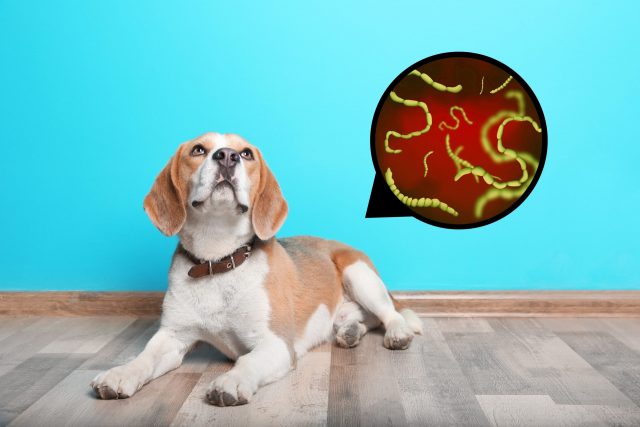
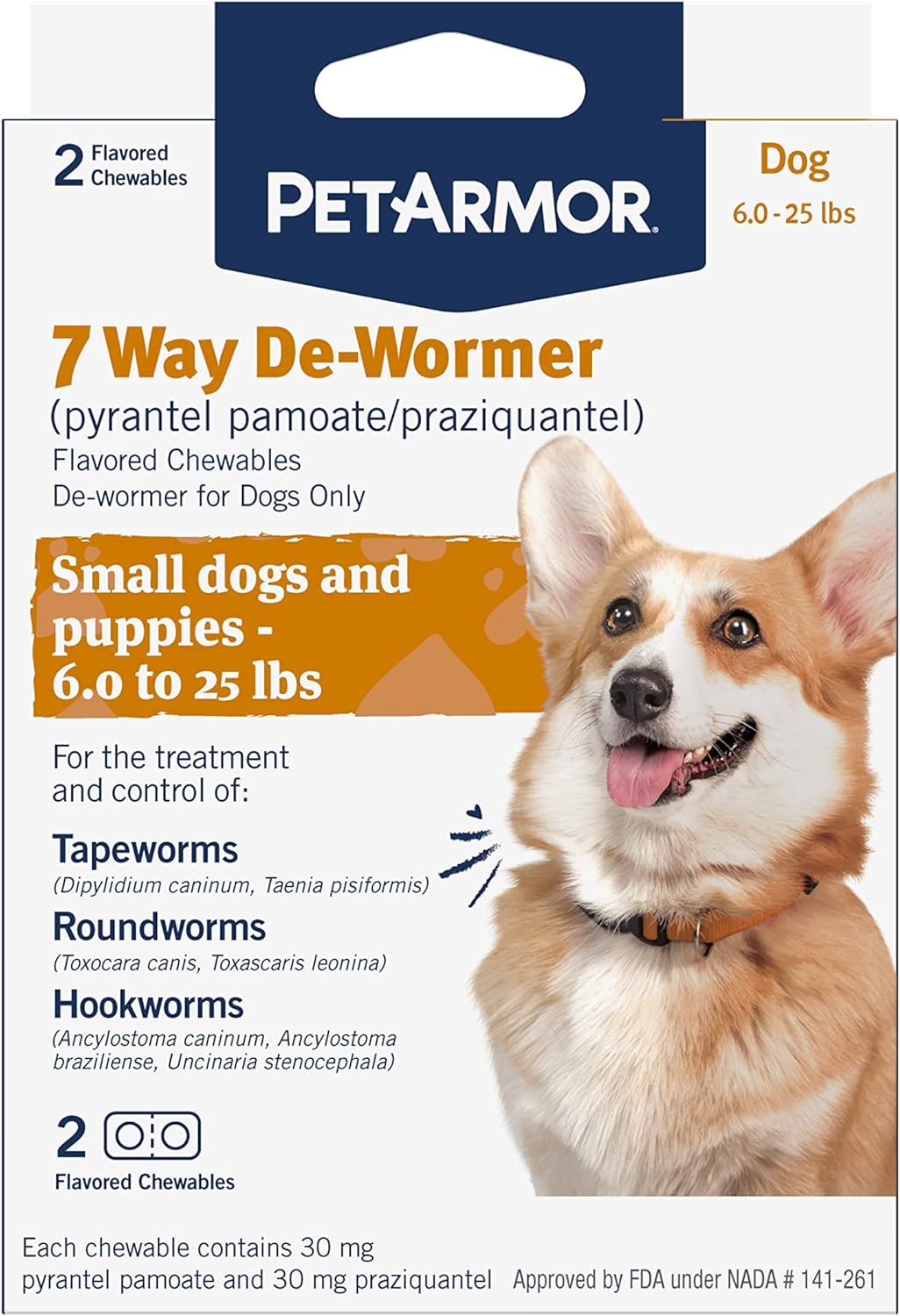
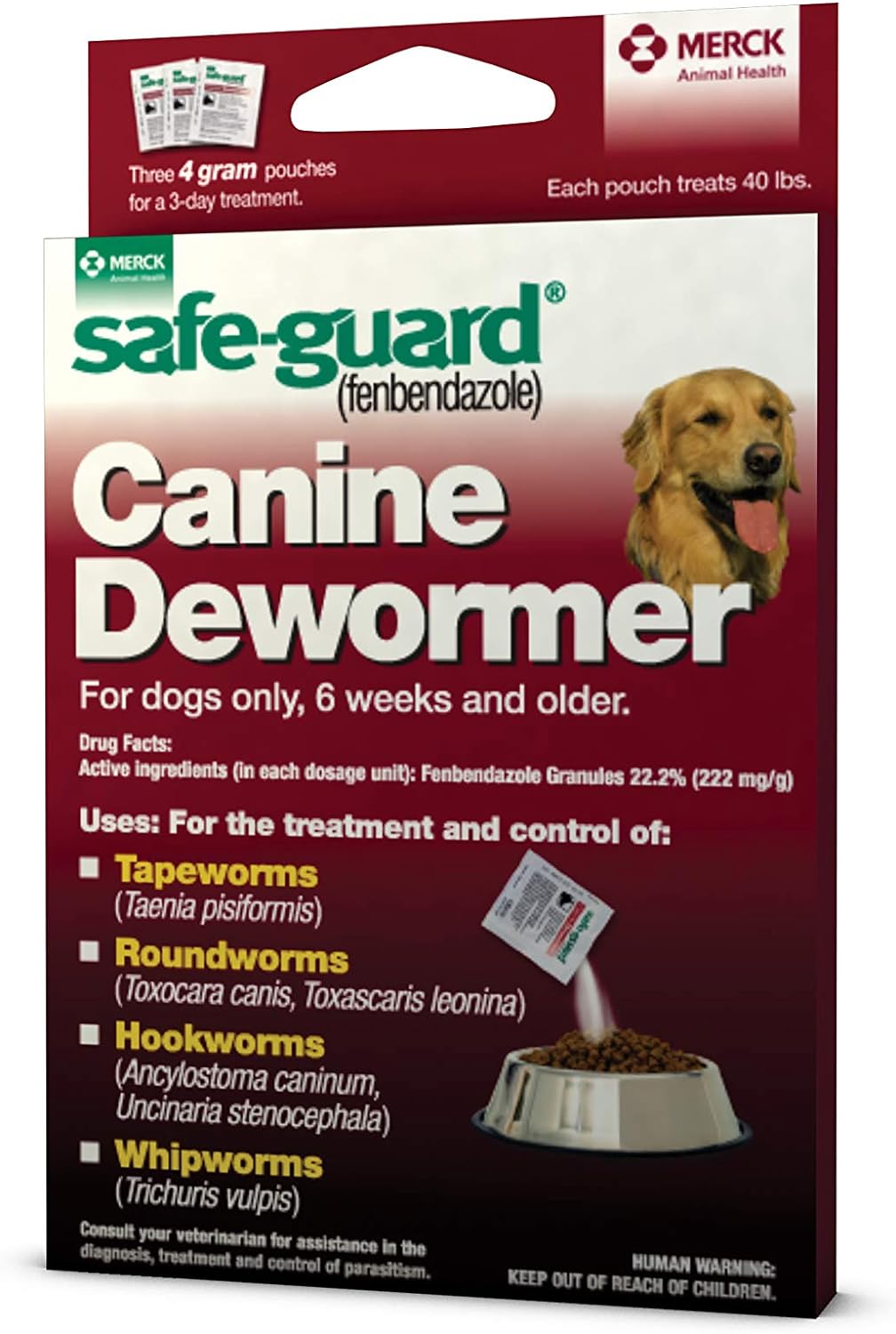
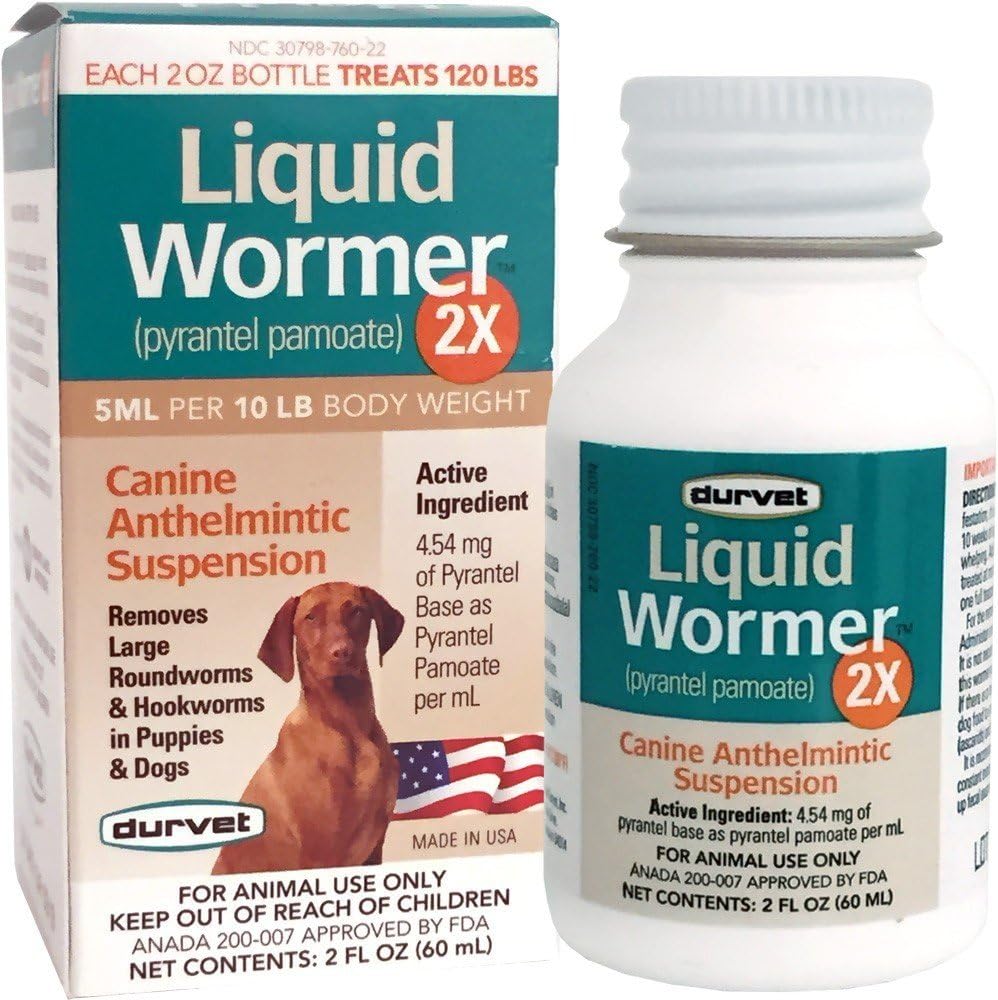
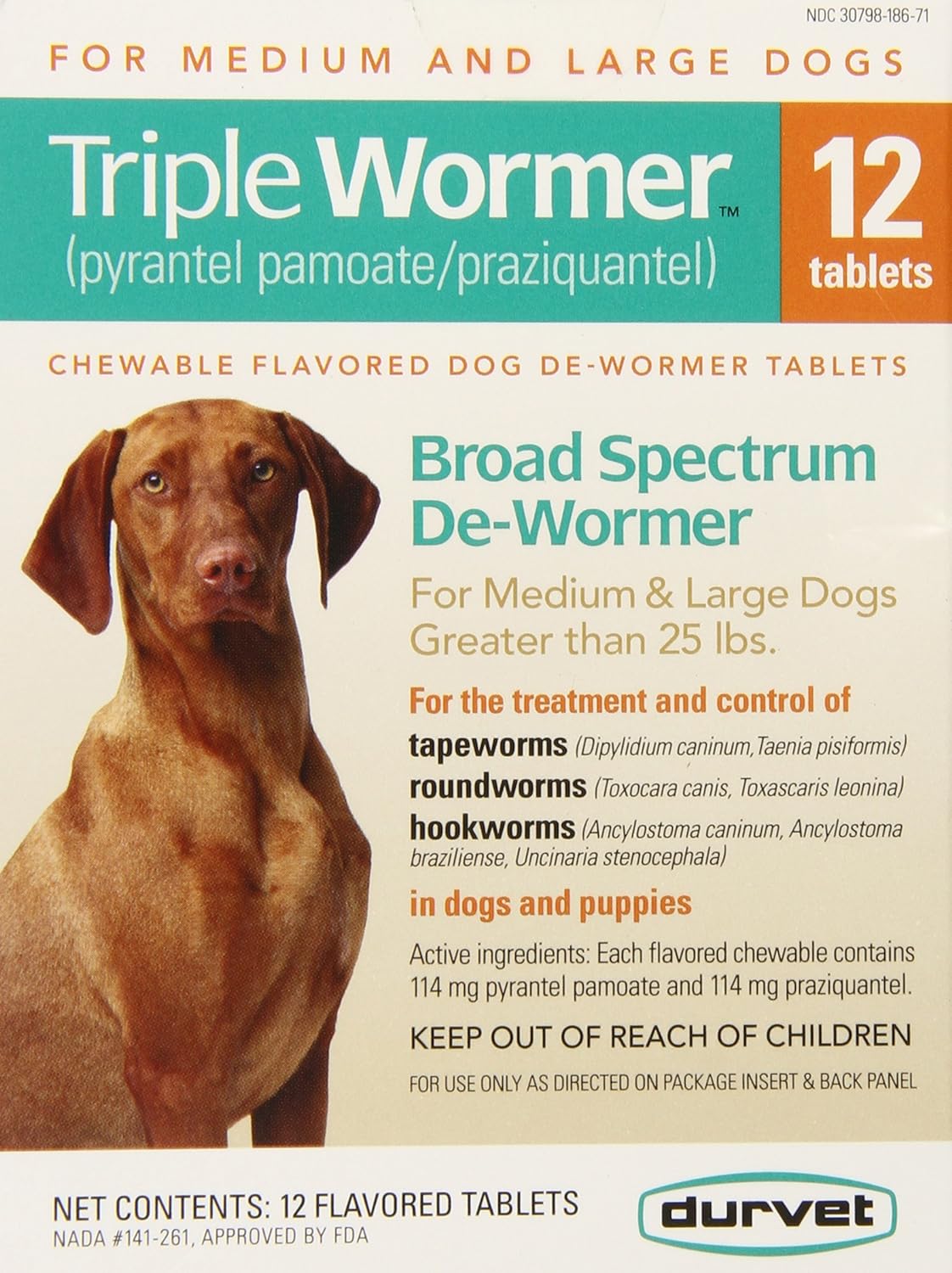
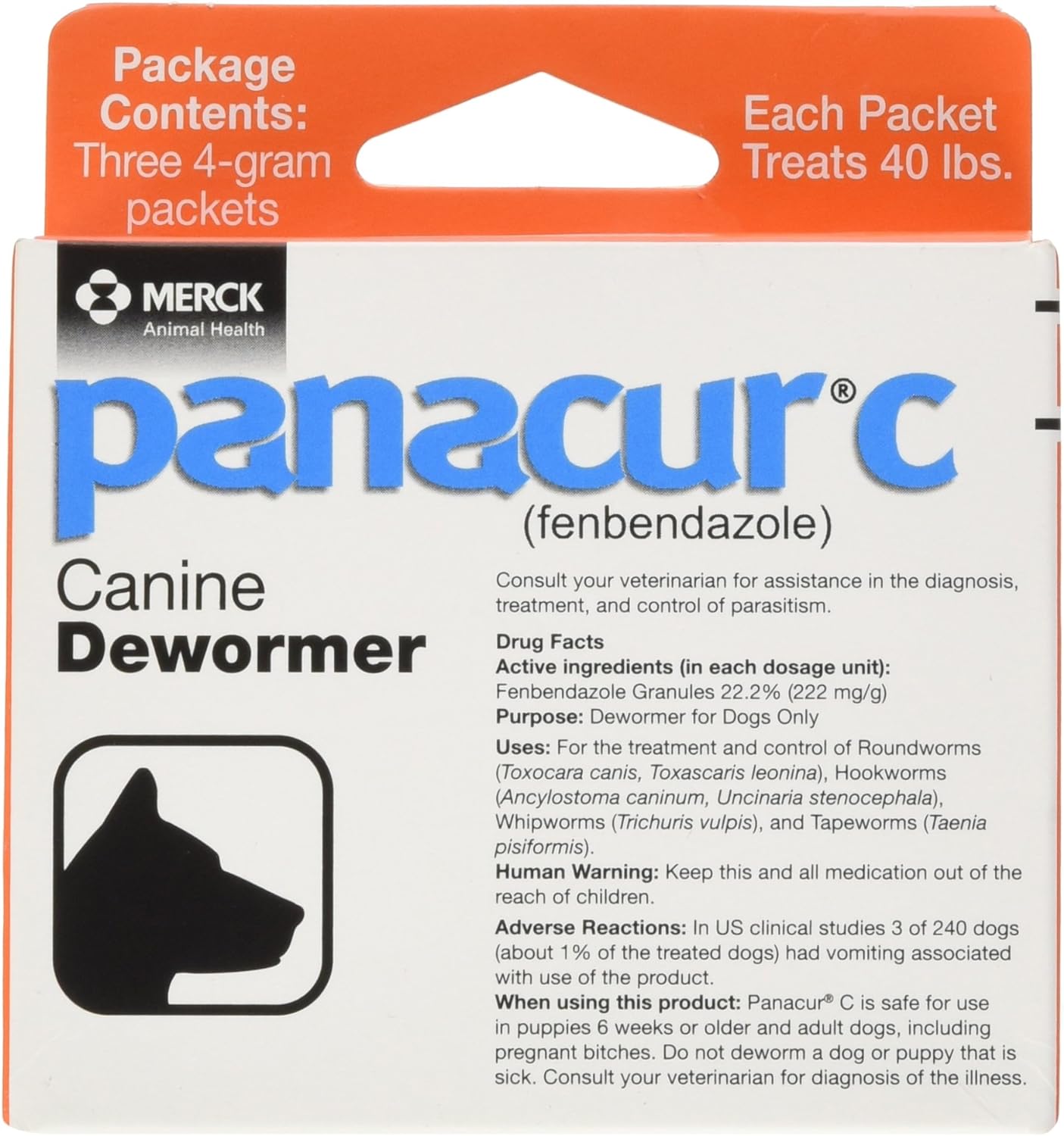
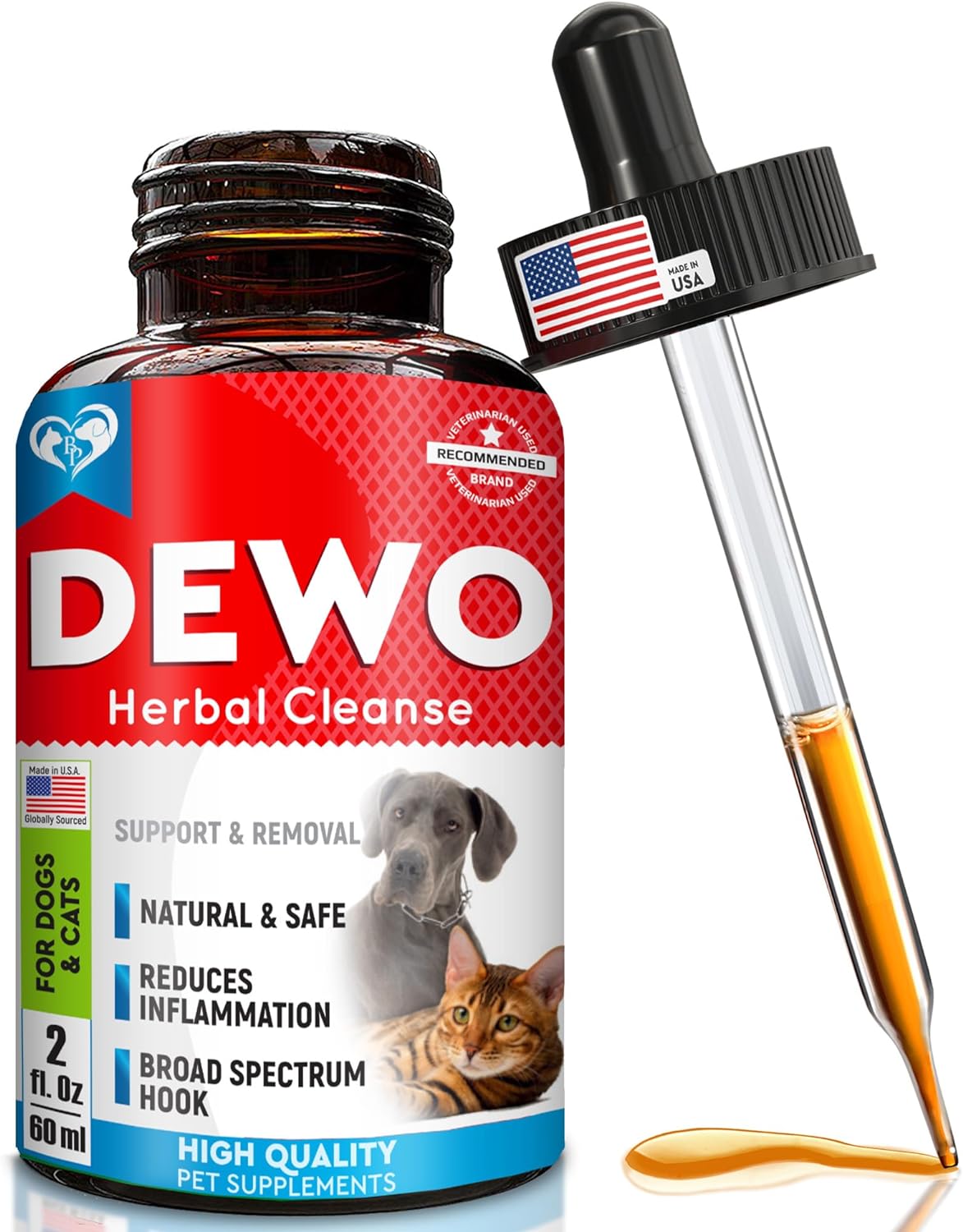

 Toledo, United States.
Toledo, United States.